
Yeats’s Vision Papers. Vol. 2, The Automatic Script, 25 June 1918-29 March 1920
By W. B. YeatsEdited by George Mills Harper (NHC Fellow, 1981–82)

By W. B. YeatsEdited by George Mills Harper (NHC Fellow, 1981–82)

By W. B. YeatsEdited by George Mills Harper (NHC Fellow, 1981–82)

By Lilian R. Furst (NHC Fellow, 1988–89) "All is true," realist writers would say of their work, to which critics now respond: All is art and artifice. Offering a new approach to reading nineteenth-century realist fiction, Lilian R. Furst seeks to reconcile these contradictory claims. In doing so, she clarifies the deceptions, appropriations, intentions, and … Continued
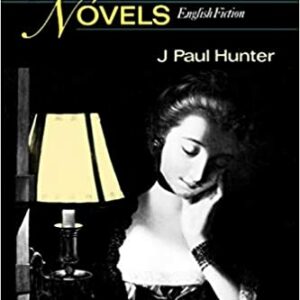
By J. Paul Hunter (NHC Fellow, 1985–86; 1995–96) What did people read before there were novels? Not necessarily just other “literary” works, according to this fascinating study of the beginnings of the English novel. To understand the origins of the novel as a species and to read individual novels well, we must know several pasts and traditions―even … Continued
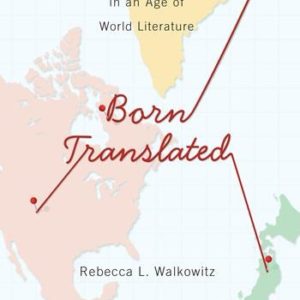
By Rebecca L. Walkowitz (NHC Fellow, 2010–11) As a growing number of contemporary novelists write for publication in multiple languages, the genre's form and aims are shifting. Born-translated novels include passages that appear to be written in different tongues, narrators who speak to foreign audiences, and other visual and formal techniques that treat translation as … Continued
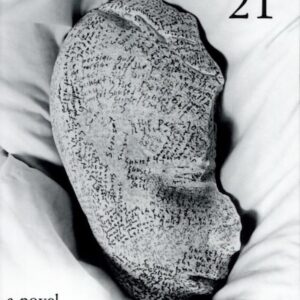
By Ewa Kuryluk (NHC Fellow, 1988–89) Century 21, a time machine in literary form, ignores the unity of time, space, and character. This tragicomical idyll of the future past mixes ancient and modern genres: Platonic dialogue and nineteenth-century romance, reportage and science fiction. At the book’s core are two sisters, Ann Kar, a writer and … Continued
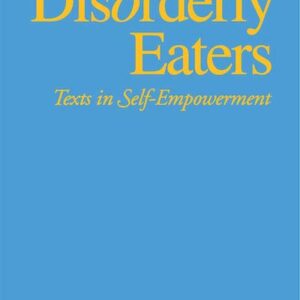
Edited by Lilian R. Furst (NHC Fellow, 1988–89) and Peter W. Graham This book explores the various manifestations of eating disorders in literature, including cannibalism, the magic attributes of food, religiously motivated fasting, and children's eating problems, from the classical period to Toni Morrison, in American, British, and European texts. The underlying, unifying theme is … Continued
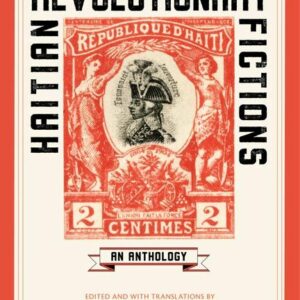
Edited and translated by Marlene L. Daut (NHC Fellow, 2016–17), Grégory Pierrot, and Marion C. Rohrleitner The Haitian Revolution (1791–1804) was the first antislavery and anticolonial uprising led by New World Africans to result in the creation of an independent and slavery-free nation state. The momentousness of this thirteen-year-long war generated thousands of pages of … Continued
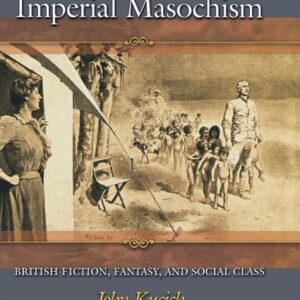
By John Kucich (NHC Fellow, 2002–03) British imperialism’s favorite literary narrative might seem to be conquest. But real British conquests also generated a surprising cultural obsession with suffering, sacrifice, defeat, and melancholia. “There was,” writes John Kucich, “seemingly a different crucifixion scene marking the historical gateway to each colonial theater.” In Imperial Masochism, Kucich reveals the … Continued

By W. B. YeatsEdited by George Mills Harper (NHC Fellow, 1981–82) A three-volume edition of the collected papers and notebooks which comprise the "automatic writing" of W.B.Yeats. This material, which spans the years between 1917 and 1920, contains Yeats' thoughts concerning literature and art, which in turn, comprises his "vision".